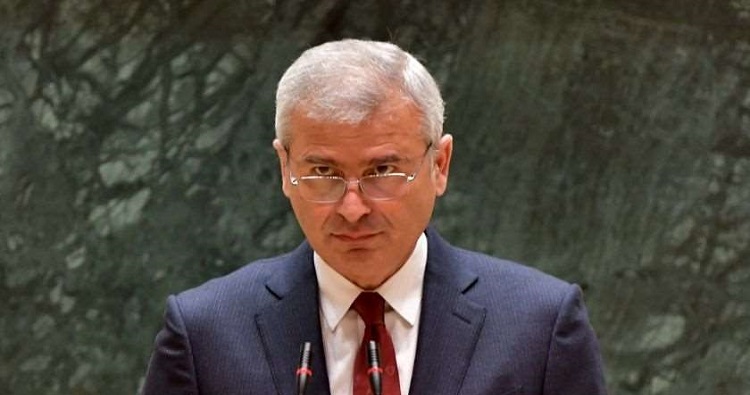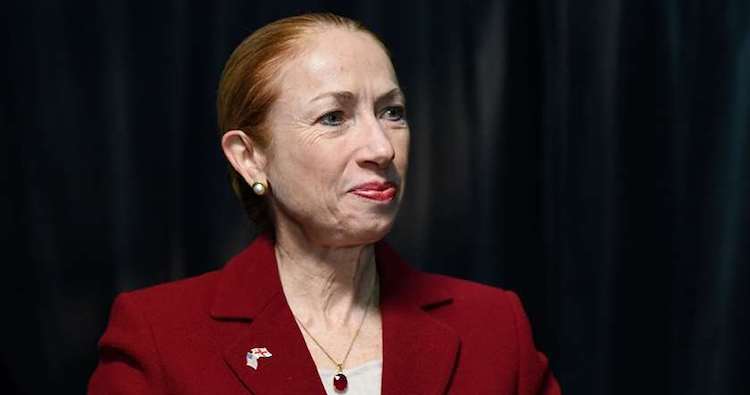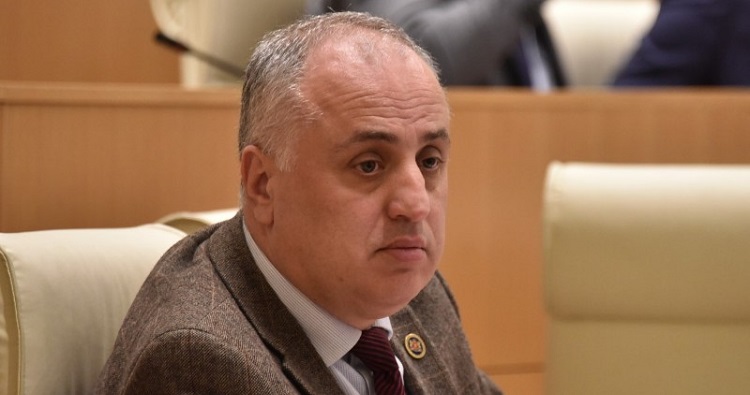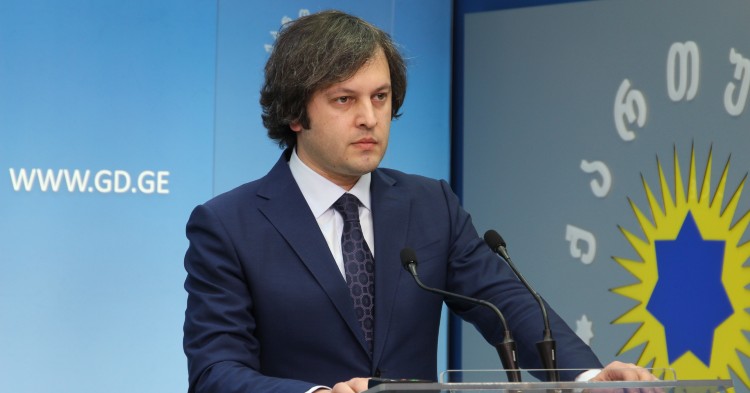Parliament Committee Chair says ruling party cannot follow “tone and style” of MPs criticising US Embassy

The Parliament official stressed the statements of the MPs were not an “attack”, though “they give rather harsh assessments, including about the US Embassy”. Photo: Parliament of Georgia
Irakli Kadagishvili, the Chairman of the Rules and Procedural Issues Committee of the Parliament of Georgia, on Tuesday said the ruling Georgian Dream party could not follow the “tone and style” of the statements by the MPs who had left GD following a disagreement over the public relations strategy with the rest of the faction and were criticising actions of the United States Embassy and Ambassador Kelly Degnan.
Kadagishvili was commenting on a statement of Popular Force, a recently launched public movement composed of former ruling Georgian Dream party MPs who exited the team in June, claiming “disrespectful and crass attitude” towards Georgian state institutions in a US Embassy document on Georgia’s judicial system reform.
The Parliament official stressed the statements of the MPs were not an “attack”, though “they give rather harsh assessments, including about the US Embassy”.
The position of these MPs is quite radical and it is their choice. It is natural that the ruling party [Georgian Dream] cannot follow the tone and style of these statements. [...] It is not an attack, but they provide rather harsh assessments, including about the US Embassy”, Kadagishvili said.
In his remarks over the matter, the Parliament official noted his former fellow party members wished Georgia to be integrated in the Euro-Atlantic space, and that “they have such strict and harsh assessment on some issues [...] but this is their stance”.
The statement of Popular Force, released on Tuesday, said the document on the judicial reform, presented by the US Embassy to the Georgian Parliament several days ago, “further supports” a viewpoint that efforts of the Embassy are aimed at “weakening” Georgian state institutions and strengthening the “radical opposition”.
The comments criticised the document for mostly using the term “should”, and only making “recommendations” in a few places, with regards to reform initiatives to be undertaken in the system.
 Tweet
Tweet  Share
Share





